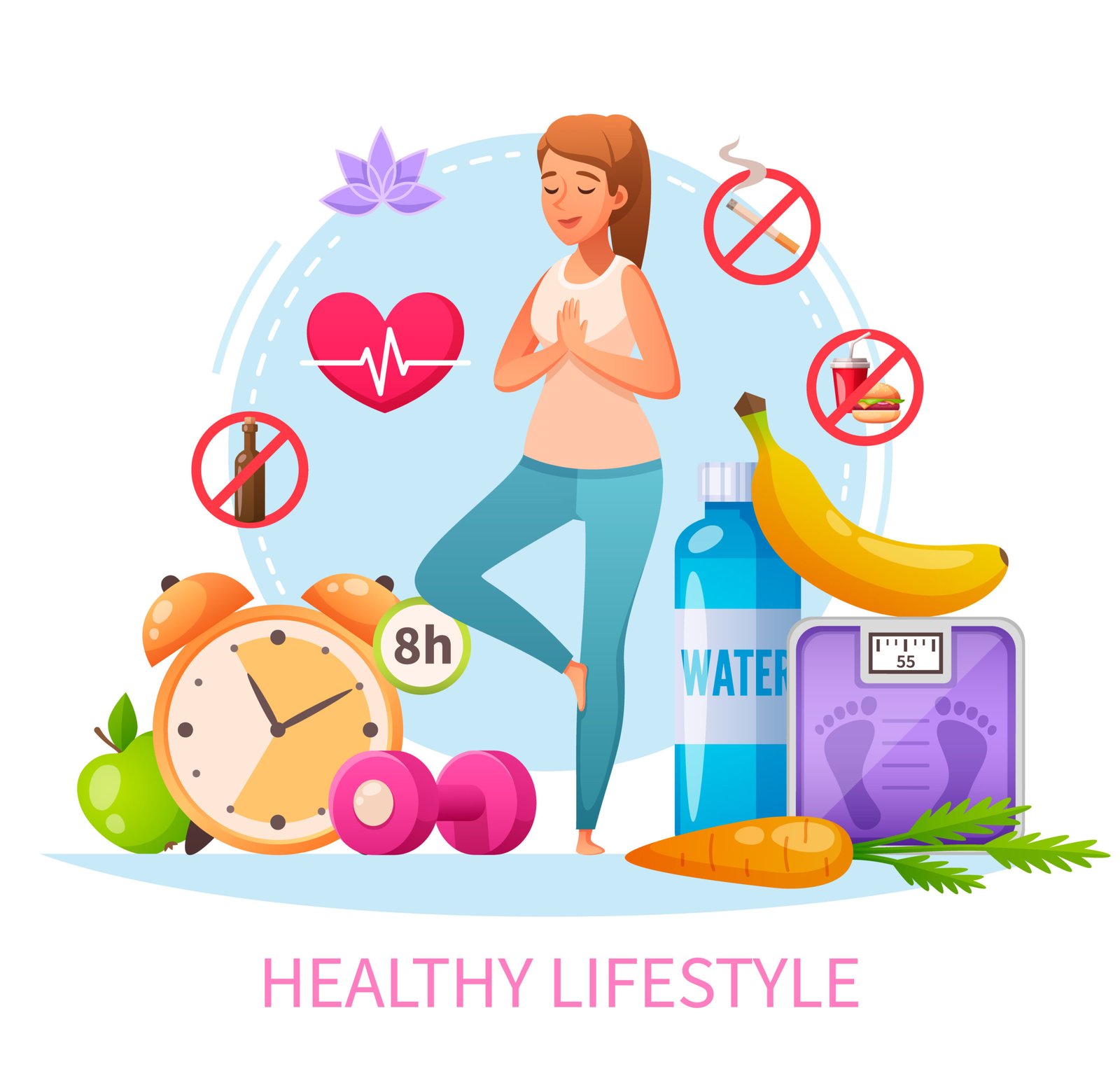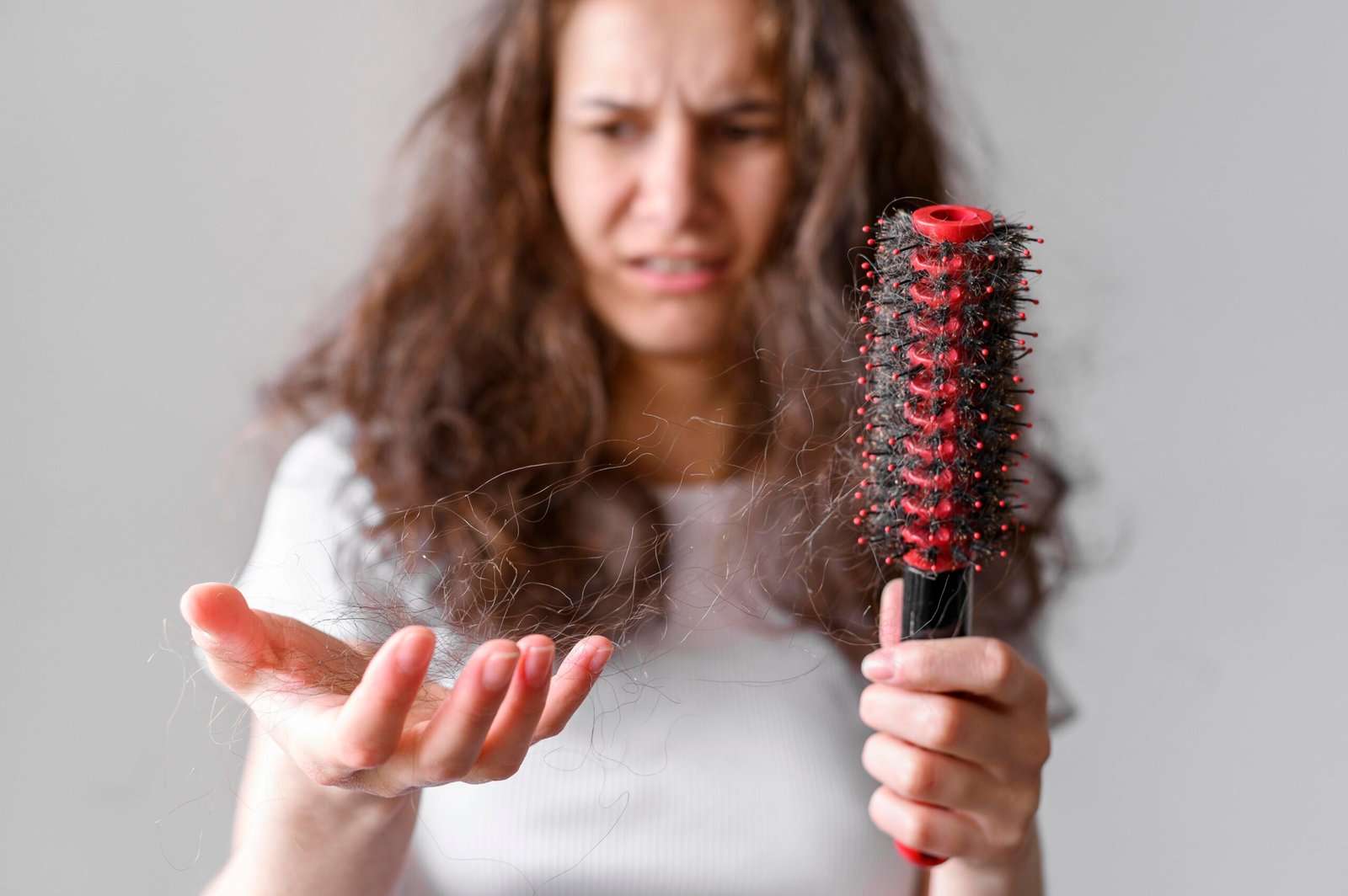
What Does Happiness Really Mean?
Happiness is one of those words we use all the time, yet struggle to define. For some, it’s laughter with friends; for others, it’s the quiet satisfaction of a job well done. But at its core, happiness is a state of well-being — a deep sense of peace, contentment, and purpose.
It’s not just about feeling good in the moment, like enjoying your favorite dessert or receiving a compliment. True happiness runs deeper. It’s about feeling aligned with your life, your values, and your choices.
Happiness is something everyone seeks, but few truly understand. It’s more than just a fleeting emotion—it’s a long-term state of well-being, contentment, and purpose. Whether you’re chasing success, love, health, or inner peace, happiness is often the underlying goal.
But what exactly is happiness? Is it something we can control, or is it a byproduct of luck and circumstance? In this post, we’ll explore the true essence of happiness, the science behind it, and practical ways to cultivate it in your daily life.
1. The Science Behind Happiness
Psychologists define Gladness as a combination of life satisfaction and positive emotions. According to research from positive psychology, inner peace is influenced by:
- 50% genetics (your natural temperament)
- 10% life circumstances (income, environment, etc.)
- 40% intentional activity (your choices and mindset)
2. Common Misconceptions About Happiness
Let’s debunk a few myths:
- Myth 1: Money equals happiness
While financial stability improves well-being, excessive wealth beyond your basic needs doesn’t lead to long-term inner peace.
- Myth 2: You’ll be happy when
Waiting for the perfect job, relationship, or lifestyle often leads to a moving target. underlying goal should be found in the now.
- Myth 3: Happy people are always smiling
Genuine happiness includes moments of sadness. It’s about emotional balance, not constant euphoria.
3. Habits That Promote Happiness
Developing the right habits can significantly boost your Gladness levels:
- Practice Daily Gratitude
Keep a gratitude journal and write three things you’re thankful for each day.
- Exercise Regularly
Just 30 minutes of physical activity releases endorphins, the brain’s feel-good chemicals.
- Foster Meaningful Relationships
Strong social connections are one of the biggest predictors of long-term Gladness.
-
Sleep Well
A rested brain is better at regulating emotions and processing positive experiences.
4. The Role of Gratitude and Mindfulness
- Gratitude: The Happiness Multiplier
Studies show that people who regularly express gratitude have lower stress levels and a more optimistic outlook.
- Mindfulness: Live in the Present
Mindfulness helps you detach from anxiety about the future and regrets about the past. Even 10 minutes of meditation daily can enhance mental clarity and joy.
5. How to Find Happiness in Daily Life
You don’t need a life overhaul—just small, conscious shifts can help:
- Enjoy the little things: A good cup of coffee, a sunny morning, or a kind word can lift your spirits.
- Help others: Acts of kindness create a sense of purpose and belonging.
- Pursue personal growth: Learn a skill, read, or set goals that bring meaning.
The Science Behind Happiness
Positive psychology — the study of what makes life worth living — shows us that happiness isn’t only the result of luck or circumstances. In fact, research suggests that:
- our happiness is influenced by genetics
- comes from life circumstances (like income or status)
- shaped by our daily thoughts, actions, and habits
That 40% is powerful. It means that happiness isn’t just something that “happens” to us — it’s something we can cultivate through intentional living.
Brain studies also reveal that happiness is linked to the release of “feel-good” chemicals like dopamine, serotonin, and oxytocin. These chemicals are naturally boosted by things like connection, movement, gratitude, and sleep — reminding us that small habits have a big impact.
Simple Ways to Invite More Joy Into Your Daily Life
You don’t need to change everything about your life to feel happier. Often, it’s the small, intentional habits that make the biggest difference. Here are five practical, science-backed ways to bring more happiness into your everyday routine:
1. Start with Gratitude
Take a moment each day to notice what’s going well. Write down three things — no matter how small — that you appreciate. This simple habit can gently shift your mindset from lack to abundance, helping you see the beauty that’s already around you.
2. Make Time for Real Connections
Bliss thrives in meaningful relationships. Whether it’s a deep conversation, a quick check-in text, or sharing a laugh, nourishing your bonds with loved ones boosts your sense of belonging and emotional well-being.
3. Move Your Body, Your Way
Physical movement boosts mood by releasing feel-good chemicals. You don’t need intense workouts — even stretching, dancing, or walking outdoors can lift your spirits and clear your mind.
4. Choose Goals That Matter to You
You feel happier when you’re growing — but that doesn’t mean chasing big achievements. Set small, intentional goals that reflect what truly matters to you. Progress, not perfection, creates a sense of purpose and personal fulfillment.
5. Tune Into the Present Moment
Bliss often hides in the now. Slow down, put away distractions, and engage fully with whatever you’re doing — sipping your tea, talking to a friend, or watching the sky. Mindfulness helps you experience life more deeply and with greater peace.
A Moment That Shifted My View of Happiness
There was a time I believed happiness meant being successful or achieving big goals. But one evening, after a long day, I sat quietly watching the sky change colors at sunset. I had no major accomplishment to celebrate. Yet I felt peaceful. That moment was a turning point — I realized happiness wasn’t “out there” in the future. It was already available, in the present.
That lesson changed the way I view life. It’s no longer just about chasing more — it’s about noticing what’s already here.
The Misconceptions About Happiness
Many people believe Bliss means being cheerful all the time — but that’s unrealistic. Being human means experiencing a wide range of emotions. In fact, allowing ourselves to feel sadness, frustration, and even boredom creates emotional balance — which is crucial for real, long-term happiness.
It’s also easy to tie happiness to success, wealth, or recognition. But countless studies show that once basic needs are met, more money or fame doesn’t necessarily bring more happiness. What matters more is connection, purpose, and presence.
Happiness Is a Daily Practice
Happiness isn’t a destination — it’s a way of being. It’s found in simple moments, in meaningful relationships, in kindness toward others and ourselves. And the good news? It’s something you can build, day by day.
You don’t have to feel happy all the time. But you can choose to live in a way that welcomes happiness when it comes — and holds space for it to grow.
“Happiness doesn’t require a change in circumstances—it requires a shift in perspective.”







